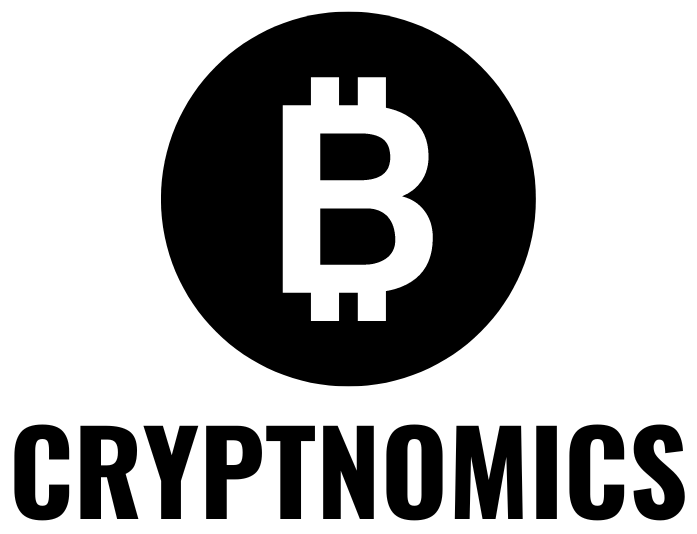House Financial Services Committee Chair Maxine Waters said she would prioritize a new stablecoin bill after the recent banking collapse that saw USDC fall from its dollar peg.
Representative Waters said that the passage of a stablecoin bill had been delayed by an expected change in the House majority to Republicans.
Stablecoins Face Fresh Scrutiny After SVB Collapse
She affirmed that she and Senate Banking Committee Chair Patrick McHenry were focused on new stablecoin legislation supported by Democrats and Republicans.
The politicians’ comments come amid fresh scrutiny of the stablecoin industry after the collapse of Silicon Valley Bank. SVB held a portion of reserves used to back Circle’s USDC stablecoin. Stablecoins are kept at $1 through active arbitrage on exchanges globally. They rely on the backings of on-chain or off-chain assets to facilitate their minting and redemption.
USDC lost its peg to the U.S. dollar amid $1 billion in redemptions after the Federal Deposit Insurance Corporation took control of the bank on Friday, March 10, 2023. Circle later tweeted that attempts to withdraw $3 billion from the bank had failed.
Coinbase suspended USDC redemptions even as the token’s price plummeted, reaching $0.92 on Kraken at about 10.40 p.m. ET.
Brief Recap on Stablecoin Draft Bill
The House first introduced the draft bill in Sep. 2022. The U.S. midterms initially delayed its passage.
The draft legislation asks for a two-year moratorium on algorithmic stablecoins. It allows nonbank stablecoin issuers which obtain state approval to register with the Federal Reserve within 180 days. Accordingly, the legislation requires the Fed to determine a method for processing applications from nonbank issuers.
On the other hand, bank issuers would need to obtain approval from the Office of the Comptroller of the Currency.
Lawmaker Says Regulations Are Not a Silver Bullet
On March 15, 2023, Rep. French Hill, chair of the banking committee’s digital assets subcommittee, emphasized the importance of the draft legislation in keeping crypto companies in the U.S.
“By not developing that framework, where everybody knows the rules of the road and we can encourage digital asset innovation, we’re going to disable that market here, and it’s going to move offshore,” the lawmaker told Fortune.
After the depegging of USDC, Circle’s Chief Strategy Officer pointed to laws in Singapore and Japan that will, if applied in the U.S., give the Federal Reserve oversight of stablecoins and allow them to keep reserves in the central rather than a retail bank.
While Hill doesn’t endorse the Asian rules, he did acknowledge that the bipartisan bill would be a good starting point.
He admonished, however, that regulations would not replace the due diligence that stablecoin firms should perform.
For Be[In]Crypto’s latest Bitcoin (BTC) analysis, click here.
Disclaimer
BeInCrypto has reached out to company or individual involved in the story to get an official statement about the recent developments, but it has yet to hear back.



